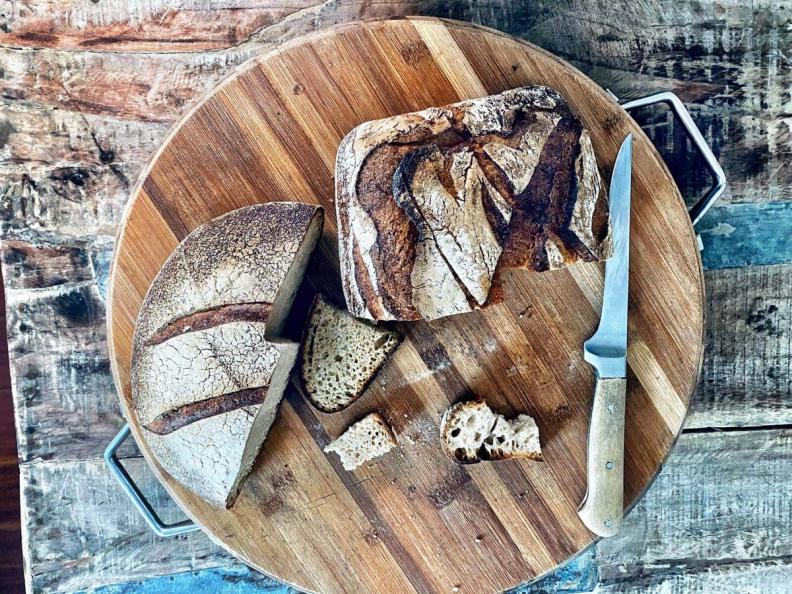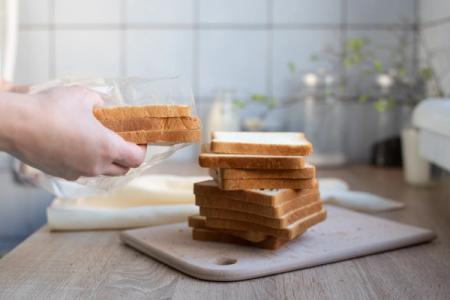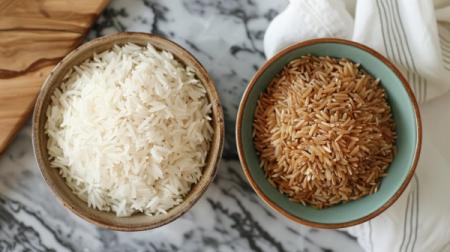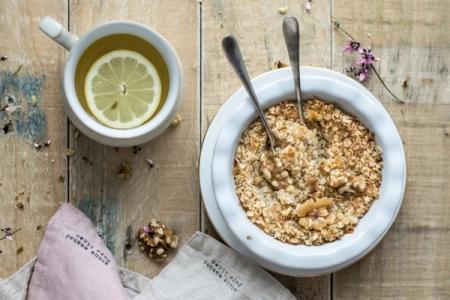By prioritizing local and organic ingredients, Cafe d’Avignon has created a sustainable sourcing method that is beneficial to both our planet and to farmers.Sustainable Sourcing With Cafe d’Avignon

Cafe d’Avignon is an artisanal bakery, known for its delicious breads that have been served in Michelin-starred restaurants and top hotels for over 25 years. In 2012, they opened their first retail location, bringing bread, pastries & croissants direct to neighborhood kitchen tables.
Their philosophy on food is all about quality, simplicity, and the Artisan process of slow-rise fermentation. The breads are alive! By prioritizing local and organic ingredients, they have created a sustainable sourcing method that is beneficial to both our planet and to farmers... that is a win-win-win!
We caught up with their CEO, Gilles Heron to discuss their unique story of blending tradition with creativity, and how life’s simple pleasures can be the most sustainable.

Do you believe the practices of age-old masters to be the most sustainable? What creative adjustments have Café d’Avignon made to be sustainable in a modern world?
It is well known that an age-old master has the wisdom to make the right choices! It is up to us to be inspired by them. Producing more to feed less, is the paradox of today's world. At CDA, to honor tradition, time, and sustainability, we have decided to introduce “Ancient Wheat” into our products. We are returning to our roots, with bread and pastries whose flavors we are rediscovering.
Their terroir, steeped in history, since it is thousands of years old, takes us on a journey from Egypt to the Ukraine, via France and many other destinations. Each seed carries a unique gustatory heritage and incomparable health benefits.
How do you source your wheat? Tell us a little about the organic permaculture and agroforestry process.
Ancient wheat is non-genetically modified and raised in an organic environment. It does not require any chemical treatment and its resistance is organized with the surrounding plants and trees. A win-win for everyone. We work with farmers and millers to raise our wheat locally. Fortunately, in the USA, we have a certain know-how in this field.

In addition to the sustainability practices, what are the nutritional benefits of ancient grain bread?
The benefits are numerous, but I will start by saying that they are a main source of magnesium. Also, the contribution of vitamins and especially minerals are immensely more important. Finally, I will mention the low presence of gluten or to be more scientifically precise, the molecular weight is lower, moreover, we only work in long fermentation which allows the enzymes to degrade the glutinous network and obtain an easy-to-digest bread.
It’s been estimated that nearly a third of bread in the US goes to waste. What are some tips for how to best store bread at home to maximize its freshness?
Once again, the age-old masters had the simplest and surely the best way, a slightly moist tea towel, to roll up your rustic bread and keep it ready, “Too Good To Go” in your kitchen.
What are some of your favorite ways to “remix” old bread into new dishes?
Let's be sincere, bread ages very well and you can make a beautiful dish to finish it off if it is too hard to eat as is...
Between the tartines, Pain Perdu, Zuppa di Pane and Bread Pudding, the choices are plenty and fun. If this is too complicated, then make Bread Croutons with Olive Oil, Garlic, and Thyme, which will be perfect for your winter soup or summer gazpacho.

In New York, you can find Cafe d’Avignon at the Essex Market, Dekalb Market Hall, Moxy Times Square, and the Plaza Hotel Food Court.
Reserve your Surprise Bag today and do your part to help save their delicious bread and pastries from going to waste! For more information, visit their website and follow them on Instagram.
Del dette



